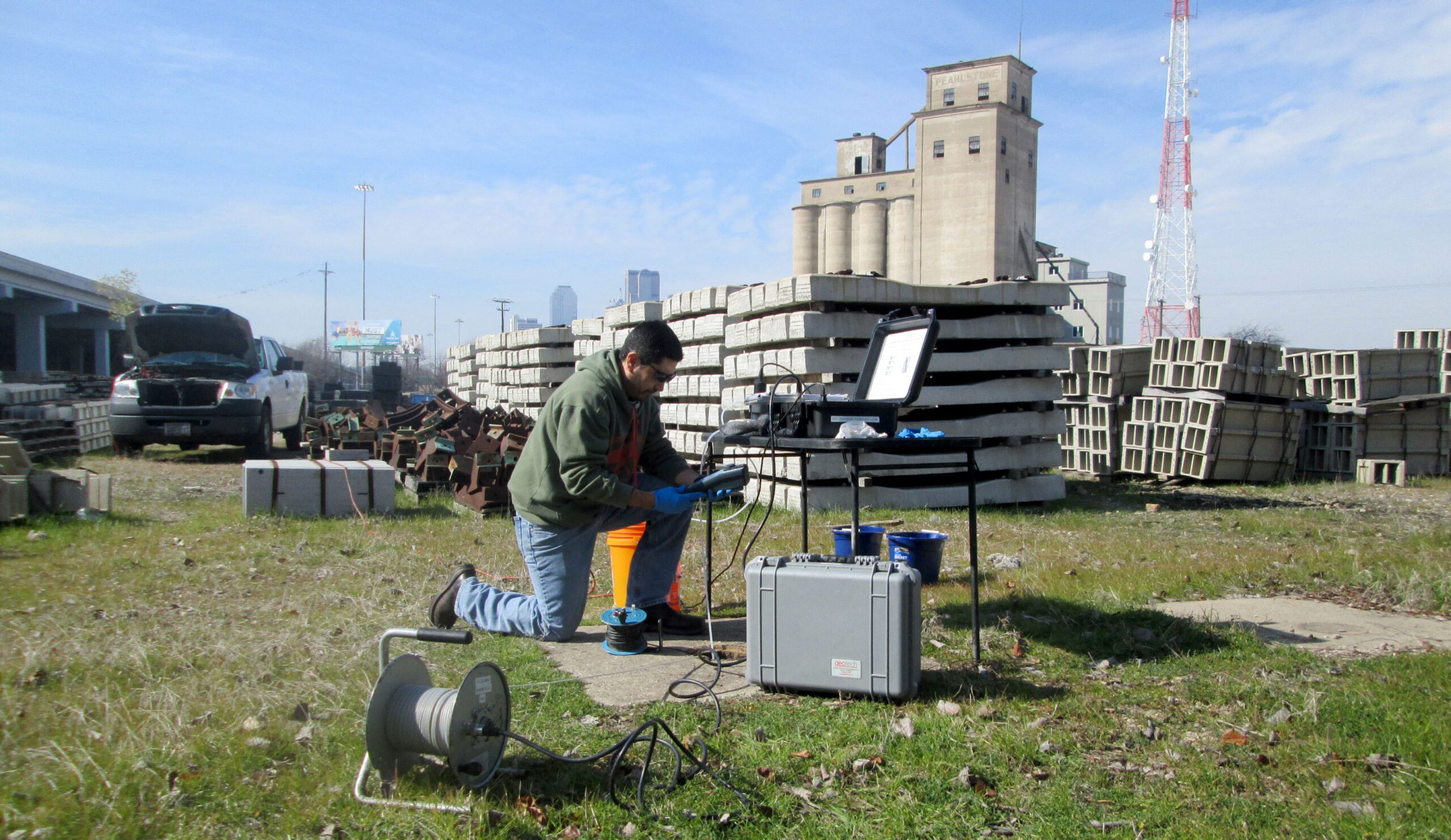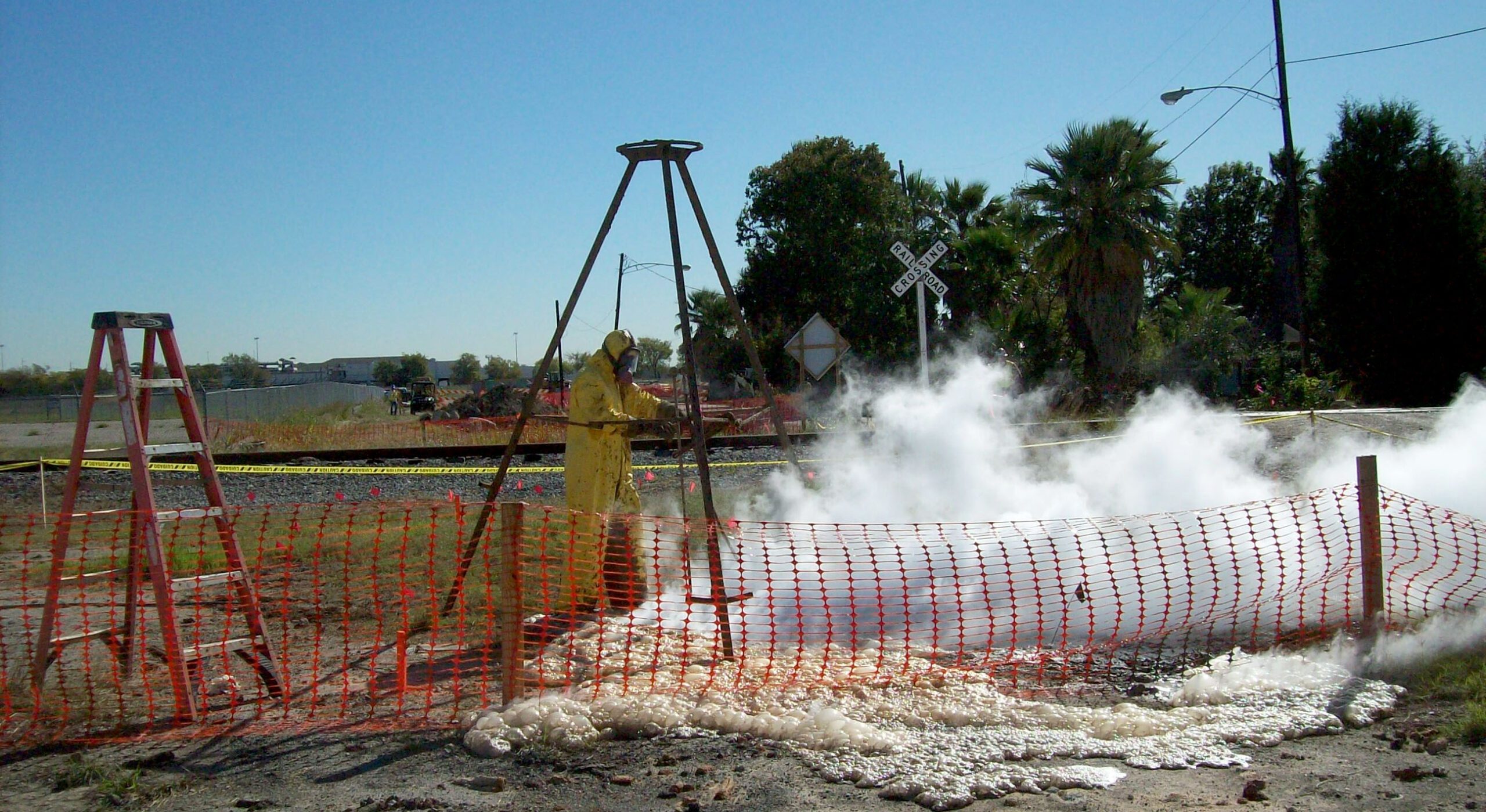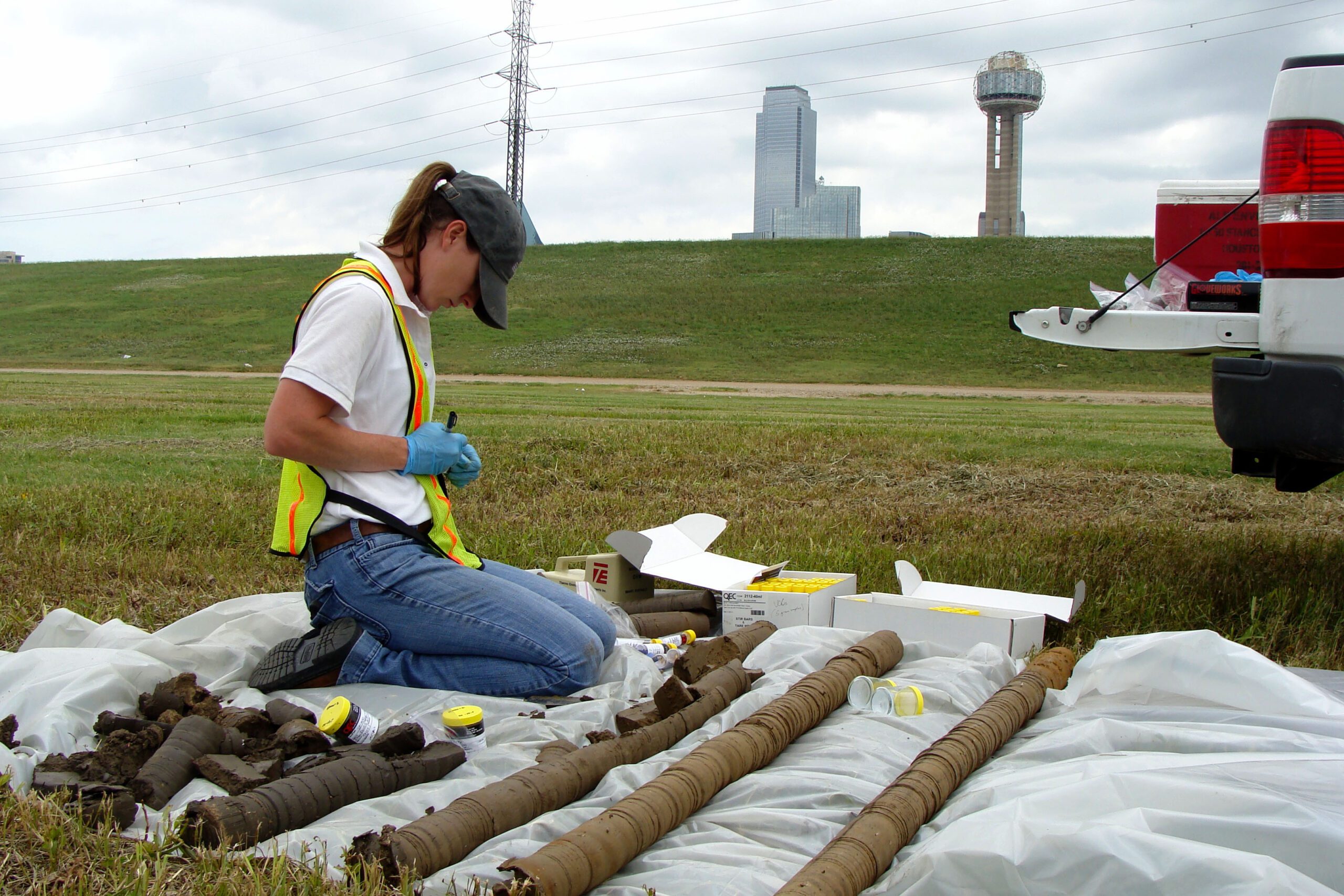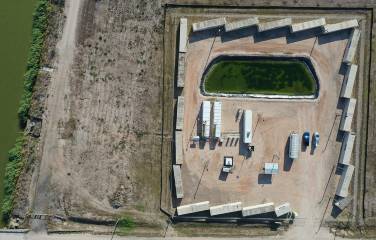Regulation of Professional Geoscientists at Stake With Sunset Commission Decision
Update: The Sunset Advisory Commission on Nov. 14 voted 10-2 to continue the Texas Board of Professional Geoscientists through Sept. 1, 2025. The Sunset Advisory Commission also adopted several recommendations to the Texas Geoscience Practice Act, which will be amended.
The Texas Legislature created the Sunset process—the Texas Sunset Act—in 1977 to review the need for and effectiveness of agencies carrying out the responsibilities of state government.
About 140 agencies are subject to the Texas Sunset review, including the Texas Board of Professional Engineers, Texas Board of Architectural Examiners, Texas Board of Professional Geoscientists and Texas Board of Professional Land Surveying. Agencies typically undergo review once every 12 years.
The Sunset review of agencies consists of a three-step process.
-
The Sunset staff performs research and analysis to evaluate the need for, performance of and improvements to the agency under review and compiles the information into the Sunset staff report.
-
The report is then provided to the Sunset Commission and is published for public consumption and comment. The Sunset Commission, which comprises five members of the Senate, five members of the House of Representatives and two public members, conducts a public hearing to take testimony on the staff report. Based on public testimony and the agency’s response, the Commission then meets to consider and vote on which changes to recommend to the full Legislature.
-
The Sunset bill on the agency is drafted and filed. The full Legislature considers the Sunset recommendations and makes a final determination through passing or failing to adopt the Sunset bill.
Based on the vote of the Legislature, an agency continues with improvements or the agency is abolished.
LICENSING GEOSCIENTISTS IN TEXAS IS IN JEOPARDY
In August 2018, the Sunset staff reviewed the Texas Board of Professional Geoscientists (TBPG) and recommended abolishment. The TBPG regulates Professional Geoscientist licensing in Texas. The mission of the TBPG is to “protect public health, safety and welfare, and the state’s natural resources by ensuring only qualified persons carry out the public practice of geoscience and enforcing the Code of Professional Conduct the Board has established for its licensees.”
A low-flow groundwater sampling event is conducted at a site to confirm that concentrations of chemicals of concern are delineated. It’s one way Professional Geoscientists help protect human health and the environment.
The TBPG was established in 2001 with the passing of Senate Bill (SB) 405 during the 77th Legislative Session with a 90 percent majority. Background information for the establishment of SB 405 was provided in a 54-page document titled, “The Value of Licensing Geologists in Texas.” The document described why geologists should become licensed, provided examples of geological work and showed numerous project examples with photos, where inclusion of a licensed Professional Geoscientist (PG) would have protected public health and/or prevented project failure. The document also cited 18 local and state statutes, rules or technical guidelines that require the work completed must be performed by a qualified or professional geologist (geoscientist).
Key points stated in the document included:
-
“Professional licensure of geologists in Texas is necessary to protect the health, safety and welfare of the citizens of Texas.”
-
“Licensing geologists will establish minimum requirements of those who are engaged in the public practice of geology so that municipal, county and state agencies, and design professionals can rely on the geological work being performed.”
-
“This report is concerned with the impact of geologic conditions and processes on our critical resources and engineered structures and works, and the need to establish minimum requirements for persons that are engaged in the public practice of geology.”
Since its inception, the TBPG’s regulation of licensed geoscientists has provided meaningful public protection. Licensed PGs in Texas protect human health and the environment through completion of the following:
-
Human health and ecological risk assessments
-
Groundwater resource evaluations
-
Contaminated media evaluations (i.e., soil groundwater, surface water, sediment and air)
-
Geologic condition evaluations that contribute to slope and structure failure
-
Underground injection controls
-
Soil assessments
Through completion of these evaluations, additional benefits to the public, municipalities and the state include:
-
Redevelopment of historically underutilized properties (which promotes economic growth, increased tax revenue and increased jobs)
-
Preservation of groundwater resources (one of the most sensitive and limited natural resources in Texas)
-
Prevention of structure failures (which could lead to costly repairs funded by tax dollars)
The TBPG has also been a self-sustaining entity since its creation. For the fiscal year 2017, the TBPG collected $944,422 in fees and enforcement penalties, and spent $710,041 on operations, employee benefits and indirect costs. This resulted in excess revenue of $234,381, which was deposited into the General Revenue Fund. If the TBPG was abolished, it would result in a negative impact of approximately $265,641 to the state, an additional loss of approximately $234,000 per year to the General Revenue Fund and would require additional tax revenue to provide for state agency oversight of geoscientists in Texas.
In-situ chemical oxidation (ISCO) is conducted to reduce contaminant mass in soil and groundwater.
REQUIREMENTS FOR PG LICENSURE
Approximately 50 percent of practicing geoscientists in Texas are exempt from regulation due to the nature of the profession. Primarily, geoscientists who are exempt include researchers/professors and geologists involved in some aspects of oil and gas exploration because the nature of their work does not have a direct impact on public health or the environment. Comparatively, 63 percent of practicing engineers in Texas are exempt from licensing by the Texas Board of Professional Engineers. The percentage of and reasoning for exemptions are typical within other similar professions.
Current requirements for PG licensure include the following: 1) graduate with a four-year degree with 30 semester hours of credit in a discipline of geoscience; 2) pass examinations covering the fundamentals and practice of geoscience; 3) demonstrate five years of qualifying work experience; 4) provide five reference statements (three of which must be from PGs). Requirements to maintain a license include 15 hours of continuing education annually—one hour must cover professional ethics.
Current agencies and state programs that require the seal of a Professional Geoscientist include:
-
The Texas Commission on Environmental Quality (TCEQ) Texas Risk Reduction Program (TRRP) reports, Dry Cleaner Program, Petroleum Storage Tank Program, Innocent Owner/Operator Program, Superfund Program, Voluntary Cleanup Program and Risk Reduction Rule reports
-
The Railroad Commission of Texas (RRC) state-managed cleanup program and oil and gas activities that may penetrate layer(s) of groundwater
-
Municipal Setting Designation (MSD) applications for 57 cities in Texas that maintain MSD programs
Additionally, the TBPG requires firms or corporations that perform non-exempt geoscience work in Texas to be registered.
Soil samples are collected during installation of a groundwater monitor well near downtown Dallas.
EXAMPLES OF WORK IN THE FIELD
Halff Associates, Inc. is a Registered Geoscience Firm in Texas and currently employs seven PGs in the Environmental Remediation and Compliance Department. Services provided by the environmental department that protect public health have included:
-
The construction of subsurface utilities through impacted soil and groundwater for a hospital campus development. Environmental concerns included petroleum hydrocarbon and chlorinated solvent-contaminated soil and groundwater. Technical services provided included the development of conceptual alternatives to mitigate potential impacts resulting from construction of subsurface stormwater lines through the affected zone, implementation of in-situ chemical oxidation to reduce contaminant mass in soil and groundwater within the construction zone, and the development of a soil and groundwater management plan. The project included the preparation of TCEQ plans and reports, which require a PG seal.
-
Investigation and closure of a former dry-cleaning facility located in a retail shopping center where dry-cleaning solvent impacted soil. The project included a geologic and hydrogeologic study in the area of the site to determine that groundwater and soil containing perchloroethene were protective of human health and the environment.
WHAT HAPPENS NEXT?
There will be a hearing November 14–15, 2018, in which the Sunset Commission will present its decision about the discontinuation of the regulation of Professional Geoscientists in Texas. If the TBPG is abolished, essentially anyone—without training, education, ethical standards or a license—could perform geoscience work. This would potentially put public health at risk. The Sunset Commission’s decision will determine whether a bill is filed in the 86th Texas Legislative session in January to either dissolve or extend the Texas Geoscience Practice Act.
For more information about Halff’s Environmental team, write to Info-Environmental@Halff.com.





